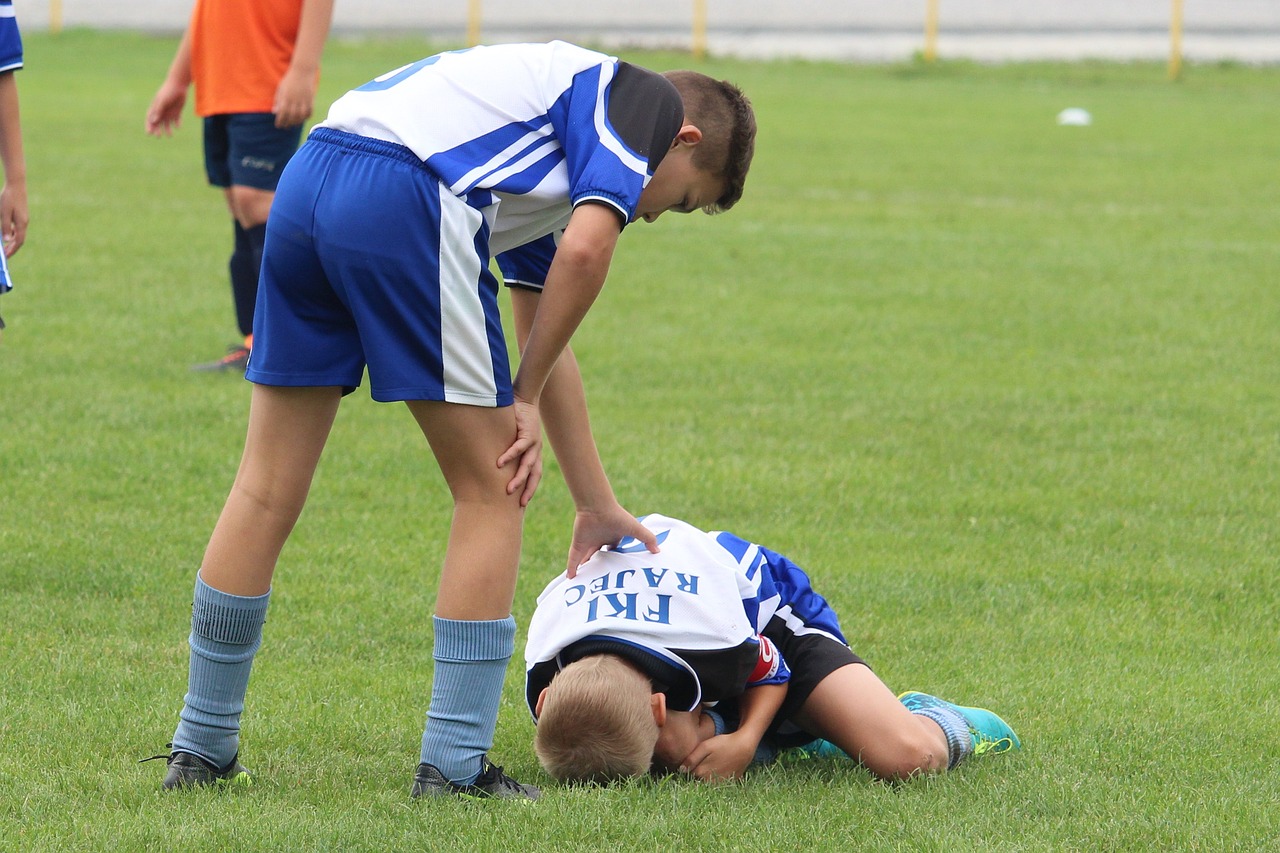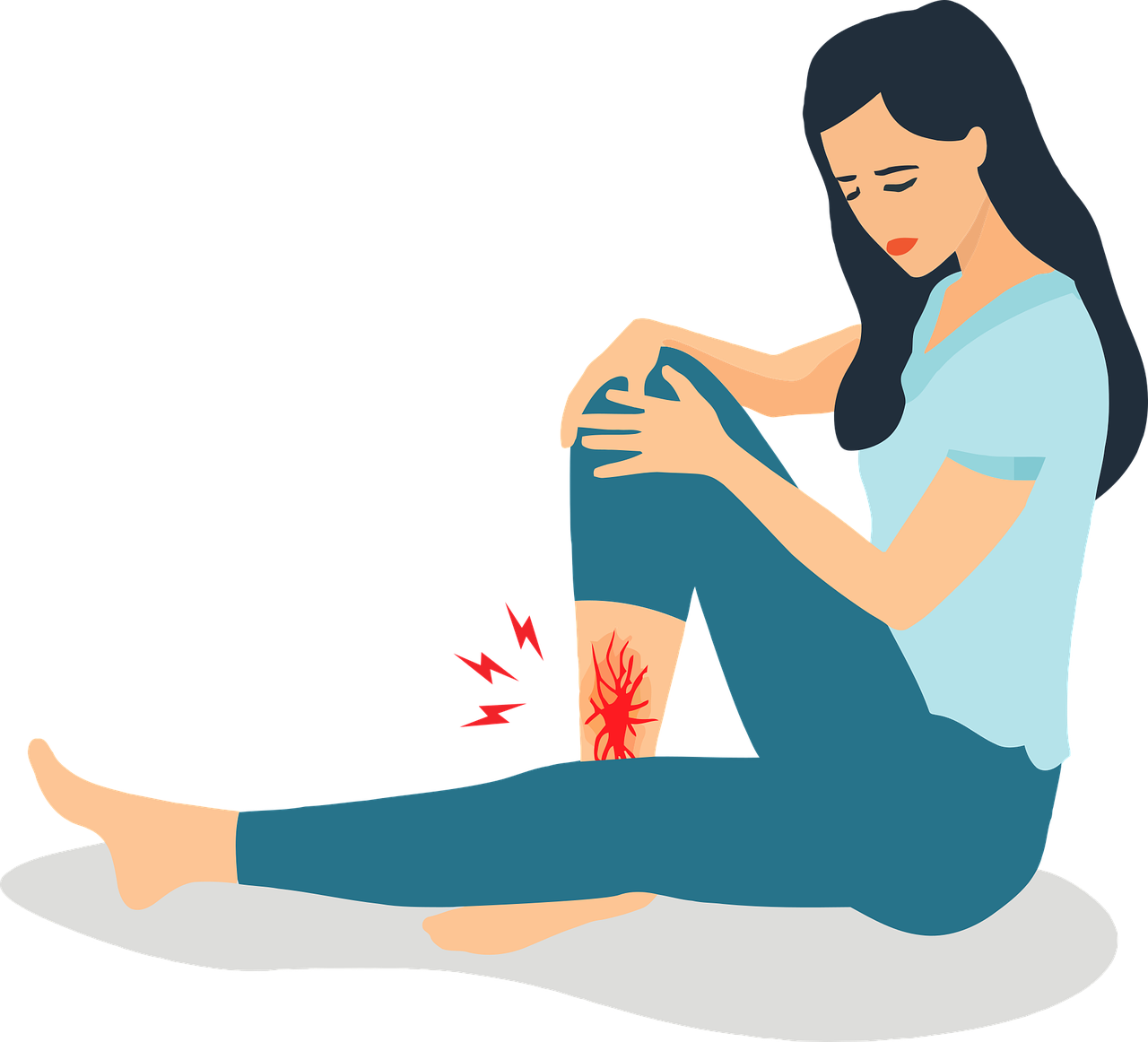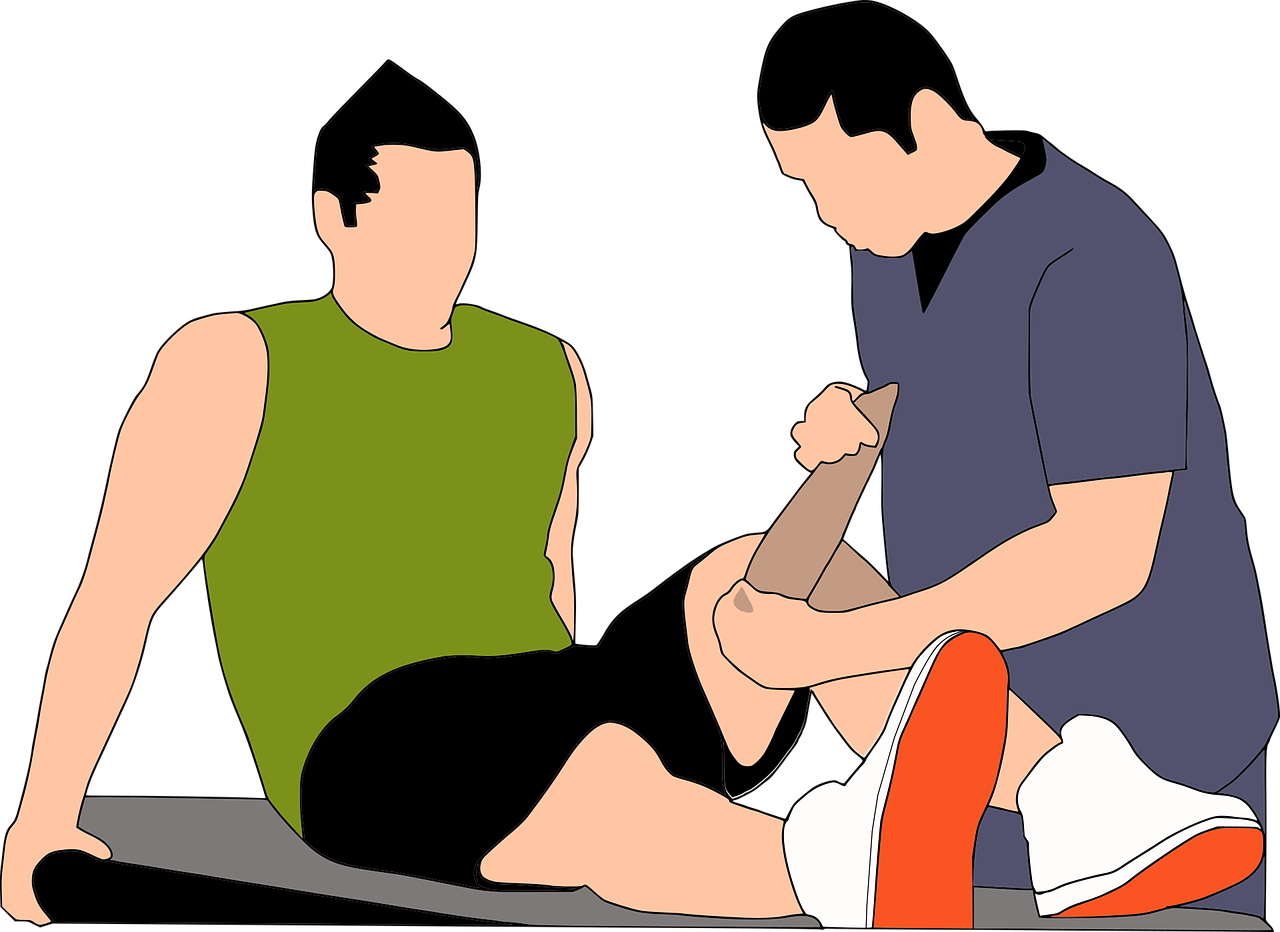
Five Most Common Sports Injuries and How to Prevent Them
Sports are not only thrilling but also offer numerous health benefits. However, they can also pose risks to your body. Athletes, particularly those involved in contact sports such as basketball, football, and martial arts, are at a higher risk of injury. These injuries typically affect the knees, legs, ankles, and feet, which bear the body's weight during activity.
Sports injuries can result from acute trauma or repetitive stress, impacting the bones, muscles, tendons, and ligaments. Acute injuries are often treatable with first aid and over-the-counter pain relief, while chronic injuries may require medical attention. Understanding these common injuries and their prevention is key to staying healthy and avoiding setbacks.
Here are five of the most common sports injuries and tips on how to prevent them:
1. Ankle Sprains and Strains
A sprain occurs when ligaments are stretched or torn, while a strain affects muscles or tendons.

Ankle sprains and strains often happen due to improper technique, uneven surfaces, or inadequate footwear. To prevent these injuries, it’s important to run on smooth, even terrain, maintain proper form, and wear appropriate shoes. Using orthotic inserts can provide added stability and reduce the risk of re-injury.
2. Shoulder Injury
The shoulder is one of the most flexible joints in the body, which makes it highly vulnerable to injury in sports that require frequent arm movements, such as swimming, tennis, and basketball. Athletes like pitchers, tennis players, and weightlifters are particularly prone to shoulder injuries. Strengthening the shoulder muscles, using proper techniques, and allowing adequate recovery time between activities can help prevent this type of injury.
3. Elbow Pain
Lateral epicondylitis, commonly known as tennis elbow, is an overuse injury that involves inflammation of the elbow's muscles, tendons, and ligaments. People who engage in repetitive arm movements, like those in tennis or jobs such as carpentry or mechanics, are at higher risk for this condition.

To avoid elbow pain, it’s crucial to rest the forearm muscles, use proper technique, and avoid excessive strain.
4. Knee Pain
Knee injuries are common in sports due to the stresses placed on this large joint. Ruptured ligaments or torn muscles are often the cause of knee pain, with the anterior cruciate ligament (ACL) tear being one of the most common injuries. Sports that require sudden changes in direction, jumping, or quick stops, such as football, soccer, and rugby, can lead to ACL injuries. Proper technique, using orthotics, and maintaining a balanced training routine can help reduce the risk of knee injuries.

5. Lower Back Pain
Lower back pain is often caused by muscle or ligament strains, especially from heavy lifting, twisting motions, or improper posture. Back spasms can occur from disk, joint, or muscle injuries and can lead to intense pain. Poor posture, fatigue, and misalignment of the spine are also contributing factors.
To avoid lower back pain, maintain good posture, use proper lifting techniques, and avoid overexertion during physical activity.
Prevention Tips:
The best way to prevent sports injuries is through proper training, which includes warming up, stretching, and cooling down. Warming up and stretching prepare your body for intense physical activity, while cooling down helps reduce muscle temperature, stiffness, and soreness. Using orthotic devices can also improve stability and prevent injuries.
Following proper exercise techniques and routines is essential for injury prevention. Before starting any strenuous activity, it's always advisable to consult a doctor to ensure you are physically prepared and to avoid potential health issues.
By incorporating these practices, athletes can reduce their risk of common sports injuries and enjoy a long, healthy participation in physical activities.
To learn more about Sports Injuries or how to recover from a long-standing sports injury,
contact Dr. Lisa Dadalia at Achieve Spinal Health on 0207 1091 4503 or email: info@achievespinalhealth.co.uk
 Add Row
Add Row  Add
Add 




Write A Comment